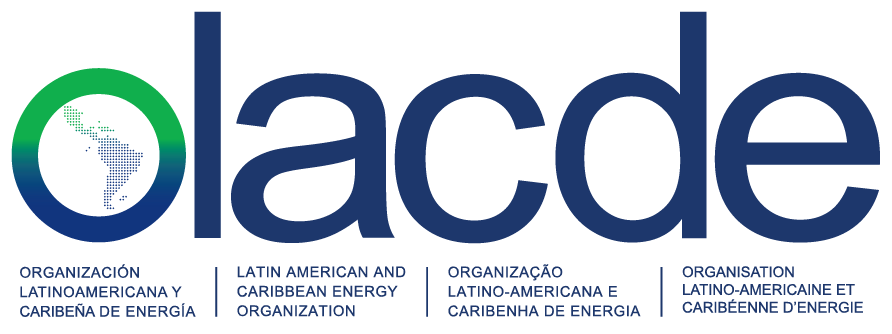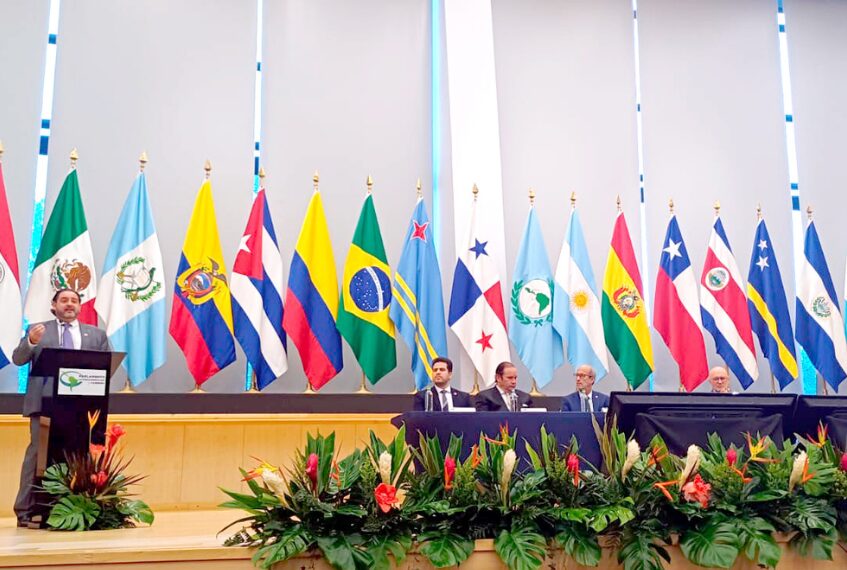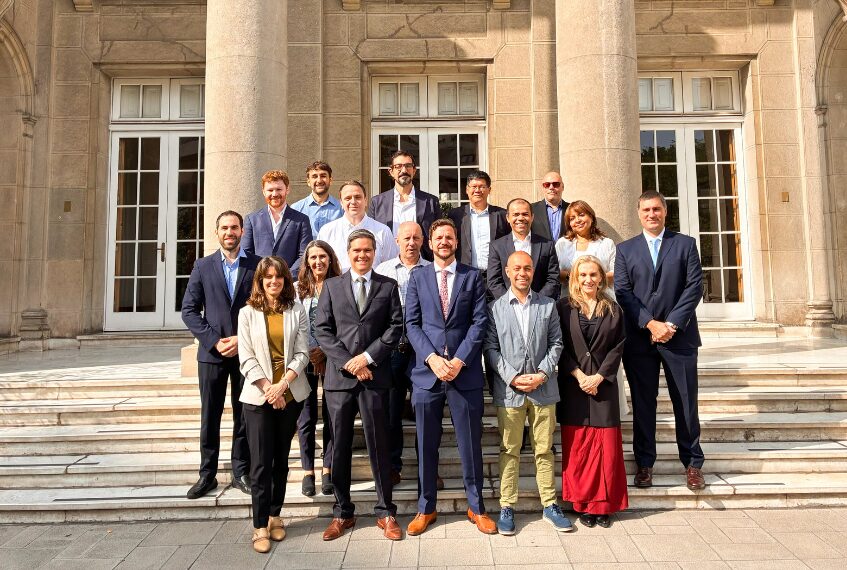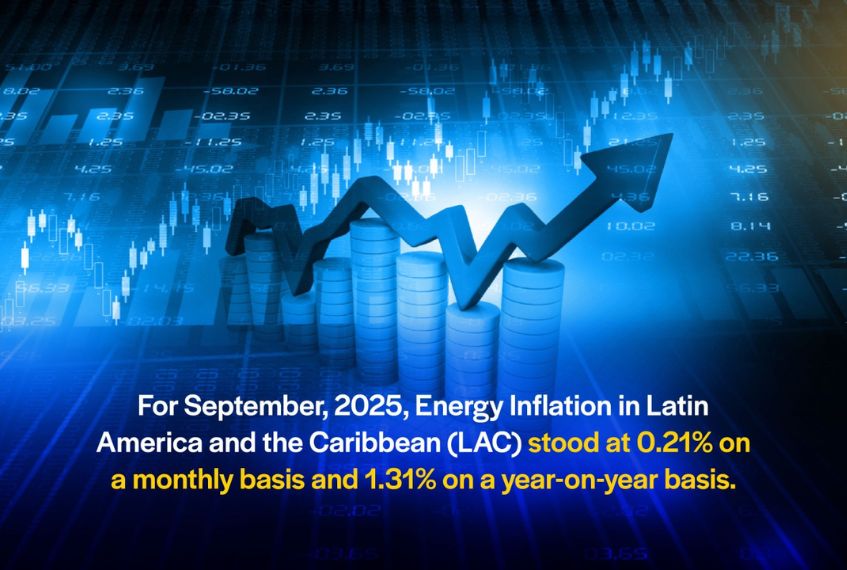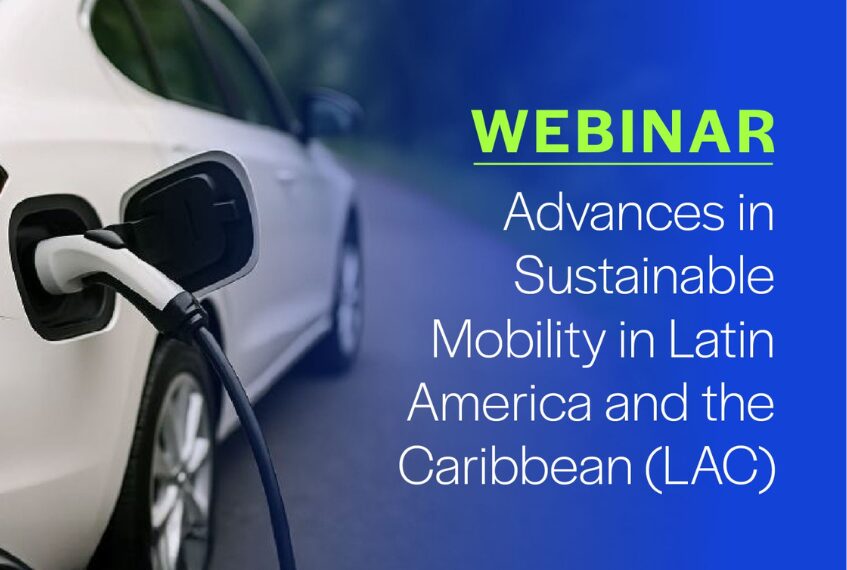The Latin American and Caribbean Energy Organization (OLACDE) participated in the event “Parliaments in Climate Action and the Just Transition”, organized by the Latin American and Caribbean Parliament in Panama, within the framework of the Parliamentary Alliance for Climate Action and Just Transition (APACTJ). The gathering brought together legislative leaders from across the region to strengthen the role of parliaments in addressing climate change from a social justice perspective.
During the opening session, OLACDE’s Executive Secretary, Andrés Rebolledo, highlighted that Latin America and the Caribbean generate 70% of their electricity from renewable sources, although only a fraction of their full potential has been tapped—16% of wind, 30% of hydropower, and just 2% of solar resources. He also emphasized the region’s strategic role in the global energy transition, noting that it produces 27% of the world’s biofuels, 25% of critical minerals, and 10% of global oil.
Unlike other regions, less than 4% of greenhouse gas (GHG) emissions in Latin America and the Caribbean originate from the energy sector, compared to the global average of 65%. “Latin America and the Caribbean is a solution region,” stated Rebolledo, urging parliamentarians to build a common energy agenda focused on a just transition, regional integration, sustainable investment, and coordinated planning.
He also proposed advancing toward a regional energy integration treaty, optimizing the use of electrical interconnections—currently operating at only 25% capacity—and modernizing regulatory frameworks to foster innovation and equity. “Legal frameworks must stop being reactive and start becoming engines of change. We need laws with foresight, strategic thinking, and sustainability,” he stressed.
In the panel “Political Dialogue on Climate Action and Just Transition”, Fitzgerald Cantero, OLACDE’s Director of Studies, Projects, and Information, reinforced the need for modern and representative legal frameworks as a prerequisite for advancing a fair, secure, and sustainable energy system.
Cantero emphasized that the energy transition requires laws that keep pace with innovation, effective parliamentary oversight, and genuine coordination among governments, legislatures, and communities. “Energy is not valued until there’s a blackout. Investment needs certainty. And people need representation. The transition will either have social license or it won’t happen at all,” he concluded.
OLACDE reaffirms its commitment to regional energy governance rooted in equity, sustainability, and cooperation.
